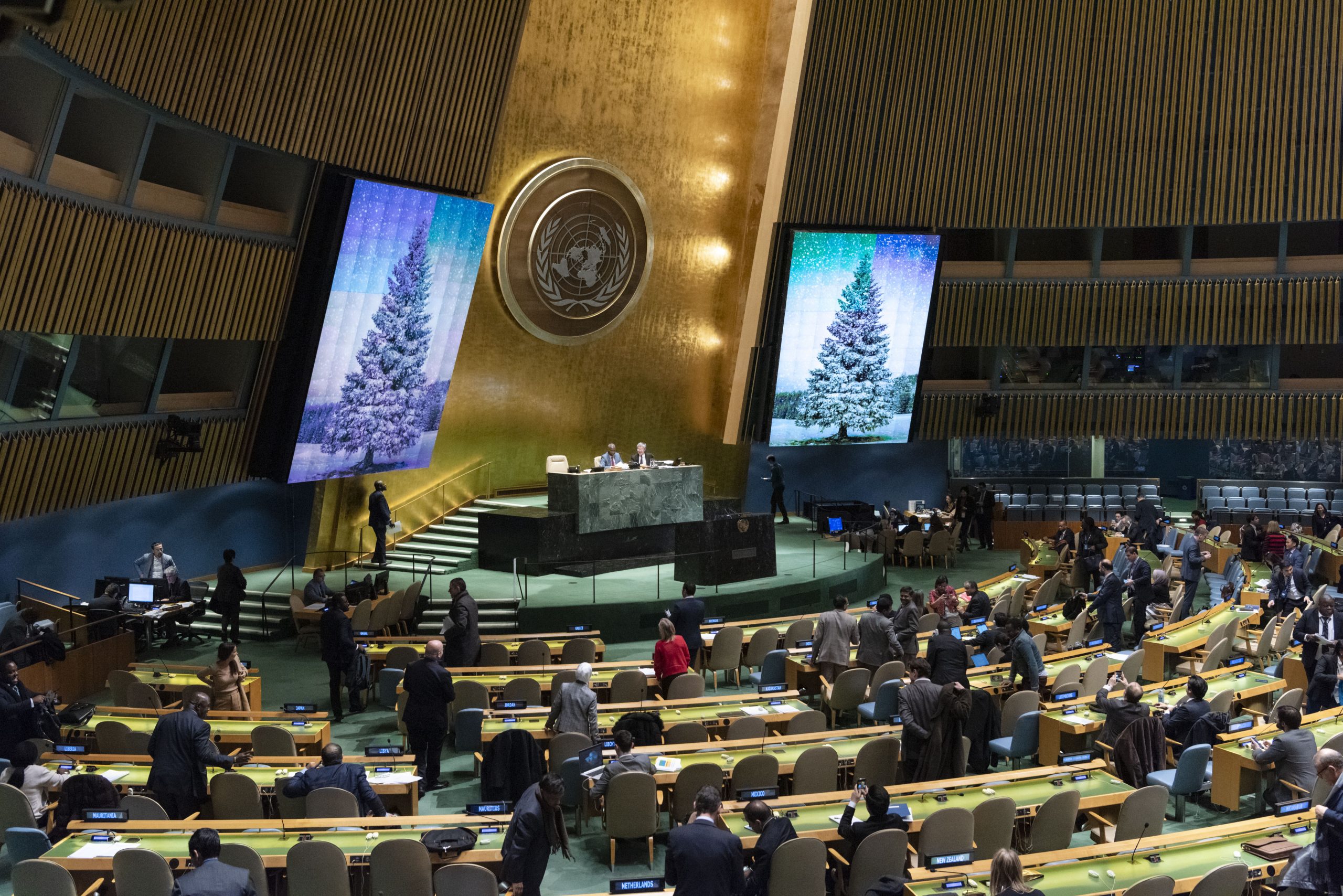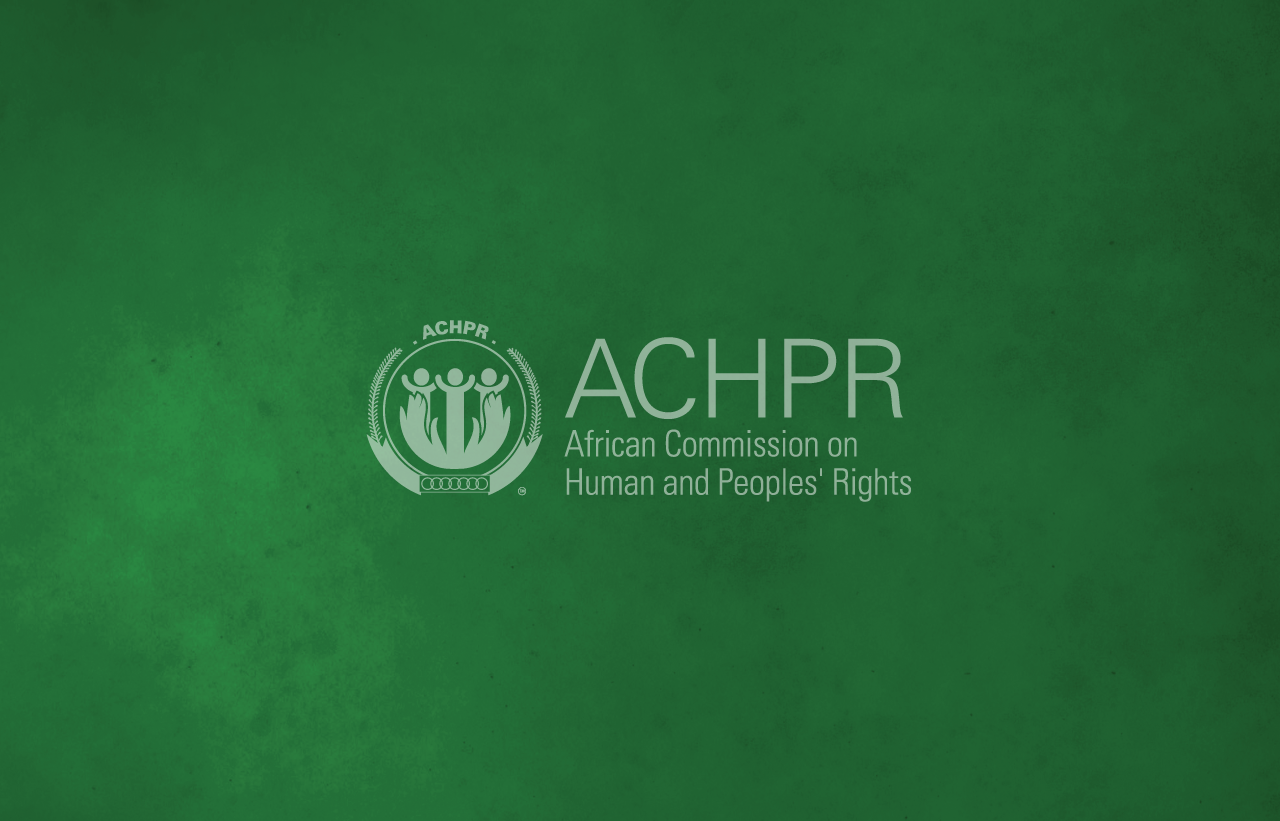On 18 December 2019, the UN General Assembly approved the resolution Implementing the Declaration on the Right and Responsibility of Individuals, Groups and Organs of Society to Promote and Protect Universally Recognized Human Rights and Fundamental Freedoms through providing a safe and enabling environment for human rights defenders and ensuring their protection without a vote. It marked the end of a process of consultation with civil society and member states that started already in May, followed by intense consultations and negotiations during the Third Committee session of the General Assembly.
For Norway, as the facilitator, it marked a moment of both relief and satisfaction. Relief that the consensus held to the end, and satisfaction with the inclusion of important new provisions relating to the protection of human rights defenders, including women human rights defenders.
A record number of 84 co-sponsors from all regions supported the resolution. This reflects the broad level of interest and engagement that member states demonstrated during the negotiations. It is interesting to note that several countries joined this resolution for the first time, such as South Africa, Jordan, Ecuador and Afghanistan.
As facilitators, we spent many late night hours considering the numerous proposals received from member States during the informal discussions. In the process, we would often pick up the phone to call partners in the civil society for their perspective and suggestions.
We worked with a very clear goal of ensuring that the resolution should reflect the increased pressure that human rights defenders around the world face, as has been well documented by the UN Special Rapporteur for human rights defenders and others. We were therefore looking to ensure specific provisions on what States and other stakeholders must do to reverse the trends of shrinking space and increased violence. Consensus was not a goal in itself. At the same time, we were mindful that reaching a universal agreement could play a positive and important role for follow-up and implementation of the resolution.
Considering the totality of the input received during the negotiations, of which a majority sought to limit the scope of the resolution, it was encouraging to experience a great deal of respect for the spirit of compromise, which is so important in the UN. This came through in bilateral dialogue in particular, and allowed for finding common ground on some of the most difficult issues, including the need for stronger protection mechanisms for human rights defenders.
The Zero-Draft, which formed the basis for the discussion, included several elements based on the resolution on environmental human rights defenders passed by consensus by the Human Rights Council in Geneva in March 2019 (RES 40/11). While a number of delegations made the point that agreements reached in the Human Rights Council do not automatically carry over to the General Assembly, the end result shows that they are strong and important building blocks, that both challenge and inspire the General Assembly. One example of this is the inclusion of provisions relating to environmental defenders, which marks a first for negotiated documents by the Assembly.
Achieving strong provisions for women human rights defenders was a key concern for Norway. The fact that many States were represented by women negotiators was important for the discussion, and for securing new language regarding the protection of women human rights defenders against sexual and gender based violence, as well as attacks online.
The adoption of two consensus resolutions in the UN in 2019 provides us as Governments, as well as the UN, civil society and other stakeholders, with a clear agenda for action as we enter into a new decade. We look forward to continue to work closely with ISHR and other partners in civil society in implementing these resolutions, as well as the continued development of the normative framework.




